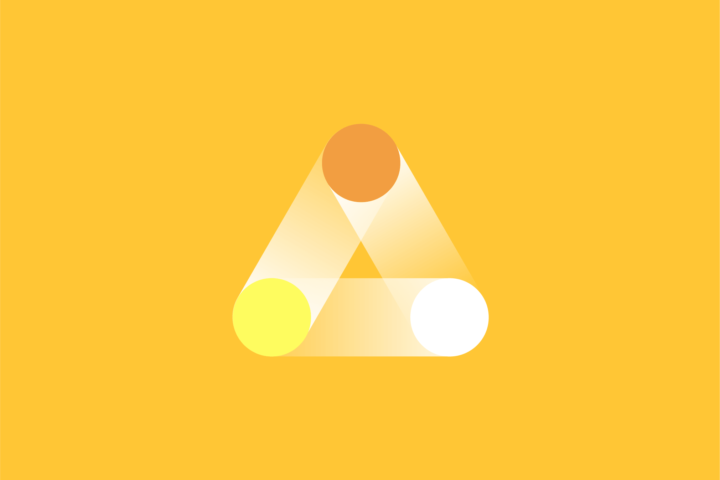Standing up the Tool Foundry accelerator
Expanding access to science by advancing low-cost, high-quality, and easy-to-use tools.

Problem
Scientific discovery tools — from microscopes and telescopes to sensors and spectrometers — help us answer questions and generate knowledge. But many powerful tools are too expensive or too difficult for non-experts to use. Without access to tools, fewer people participate in science, which hinders the pace of discovery, the distribution of knowledge, and the public’s understanding of and appreciation for the natural world. What if everyone had access to powerful tools for scientific discovery?
Context
After evaluating the current landscape of accessible tools, we discovered that the most immediate need wasn’t necessarily spurring new inventions, but helping existing inventions find a market and plan for sustainable growth. Many great ideas struggle to get off the ground, and tools that do reach the market are often unsustainable and lack the means to scale. Instead of competing with each other, inventors needed opportunities to collaborate and connect with a larger community of peers, experts, users, and supporters.
Solution
Luminary Labs launched Tool Foundry, an initiative funded by grants from the Gordon and Betty Moore Foundation and Schmidt Futures, to help tool makers build a foundation for sustainable growth and advocate for the science-curious.
In early 2019, applications opened for the Tool Foundry accelerator, a program offering collaborative learning opportunities and financial support to turn hardware prototypes into scalable platforms for exploration and discovery. Of the 71 applications, five standout teams were invited to join the cohort and enter the four-month accelerator.
Luminary Labs developed customized, collaborative educational opportunities to meet the cohort teams’ unique needs. We created learning modules — delivered as virtual webinars, panels, and Q&A sessions, as well as an in-person boot camp hosted by Autodesk Foundation at the Autodesk Technology Center in San Francisco. We also curated an esteemed group of mentors and experts who shared learnings and best practices in entrepreneurship, product design, marketing, user experience, supply chain, business strategy, and investment.
During the accelerator, more than 40 people reviewed applications, delivered educational presentations, or provided mentorship. These partners and collaborators offered expertise, in-kind support, and supplementary monetary incentives on behalf of organizations such as National Geographic Society, Carnegie Institution for Science, Autodesk and Autodesk Foundation, Lux Capital, Sloan Foundation, LittleBits, and the Association of Science-Technology Centers.
The accelerator culminated in a live event at the Brooklyn Navy Yard, where the cohort teams pitched their ideas, demonstrated their latest tool prototypes, and discussed their potential for expanding access to science.
Results
The cohort radically reoriented their business models over the course of the accelerator. The teams overcame a perceived tension between their missions and business models to effectively meet user needs while growing their operations in a sustainable way.
Since joining Tool Foundry, cohort teams and their inventions have made headlines. Octopi — an open-access, modular, high-throughput microscope from Stanford University’s PrakashLab — was featured in the Atlantic. Engadget named Feles, a Boston-based cohort team, one of the five best startups at CES; Smithsonian Magazine highlighted the Feles One desktop biolab on its list of eight remarkable inventions.
Beyond the cohort, Tool Foundry sparked connections and built momentum around a new ecosystem of partners, collaborators, and supporters. More than 150 funders, inventors, and experts attended in-person events during the accelerator. Many of these experts — from organizations like Overdeck Family Foundation, Chan Zuckerberg Initiative, Google, Nation of Makers, Fab Foundation, and New York Hall of Science — didn’t know each other prior to connecting through Tool Foundry.
In its first year, Tool Foundry built a powerful network and started to crack the code of what inventors need to scale. This early success surfaced an appetite for more. Inventors are in need of ongoing support and opportunities; many have asked us when the accelerator will be accepting applications again. At the same time, funders are looking to understand the role accessible tools can play across different scientific domains; some of these funders are ready to invest in accessible tools and other frontier technologies.
